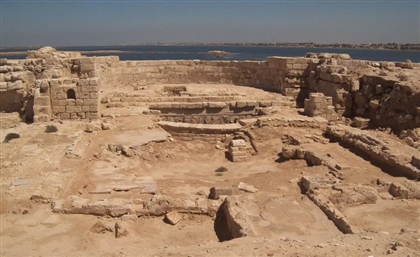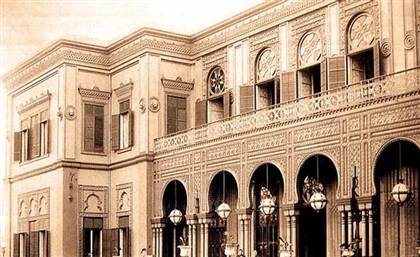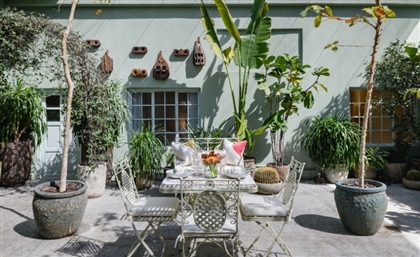This Hotel in Alexandria Once Played Host to Al Capone & Elvis Presley
Built in 1929, Alexandria’s Cecil—now Steigenberger—once played host to Winston Churchill, Al Capone, and Elizabeth Taylor.
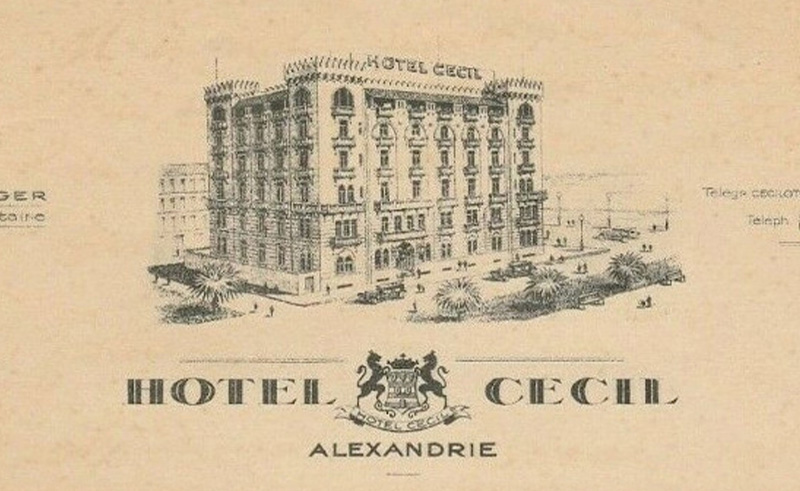
Anyone who has walked the streets of Alexandria, Egypt, on a calm breezy Friday morning can attest to this: the city breathes history, pulsates with the air of a bygone era, and evokes an almost surreal sense of being thrust into the yesteryears of the 20th century. Besides the siren song of the Mediterranean, and the pleasantly incessant coos of its avian residents, it is the city’s standing relics of architectural history that truly make it, well, Alexandria. Prime amongst these wonders of edifice design is Alexandria’s Cecil (now Steigenberger Cecil) Hotel.
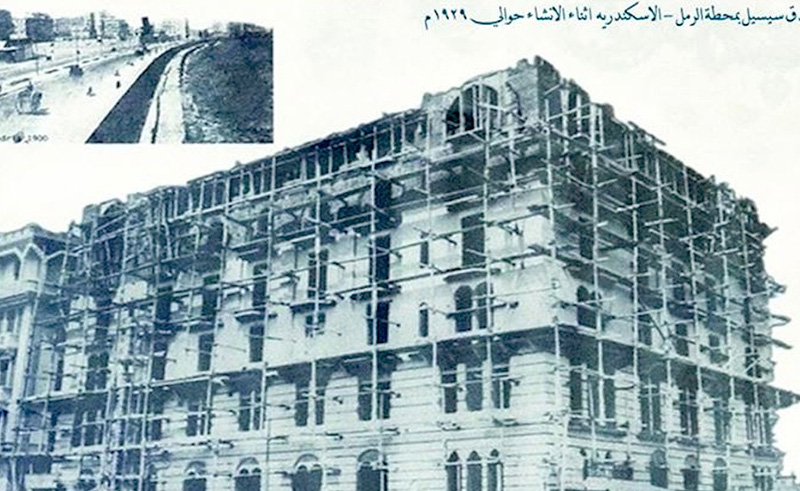
Built in 1929 on the plot of land that once housed Cleopatra’s Needles, a pair of Egyptian obelisks which now stand on the Thames Embankment in London, The Cecil Hotel was commissioned by Jewish French-Egyptian millionaire Albert Metzger, who named the hotel after his son, Cecil. Brought to life by Mansoura-born Italian architect Giuseppe Alessandro-Loria, The Cecil was built to embody the Romanesque and Gothic aesthetics of the Italian city of Florence, Alessandro-Loria’s home. Today, almost a century later, the hotel’s façade has not changed.
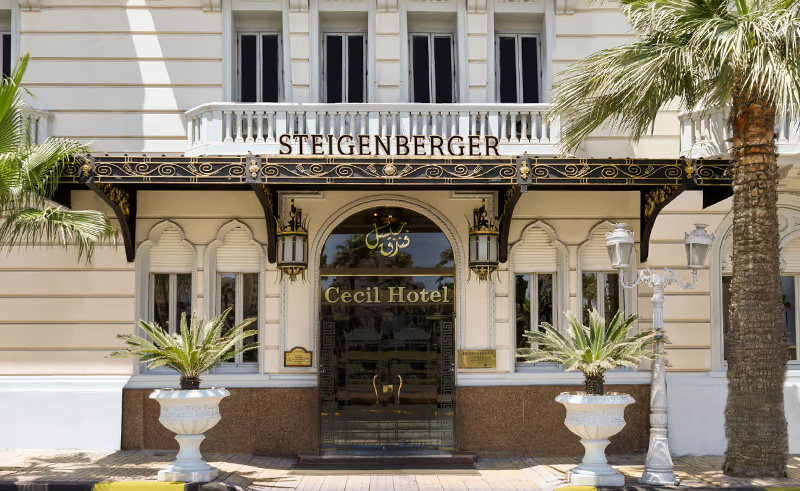
With five floors of 90 rooms and suites brimming with classical furnishings and décor, the hotel, in its earliest days, saw some of the world’s most prominent figures walking down its halls—from world leaders such as British Prime Minister Winston Churchill and Egyptian King Farouk to globally renowned artists such as Elvis Presley, Agatha Christie, Josephine Baker, Omar Sharif, and Faten Hamama, to name a few. Its legendary frequenters were perhaps the reason why British writer Lawrence Durrell chose The Cecil as a prominent setting in his referential Alexandria Quarter series.
However, this era of opulence would soon take a turn, and the members of the French-Egyptian Metzger family would find themselves cast away from the palace they had built and called home.
-17a791c7-a78f-4bc9-bd18-f4f4b43fe4ff.jpg)
In the mid 1900s, during the height of the Israeli-Arab tensions, the Jewish exodus forced the Metzgers to leave the only country they had ever known, fleeing towards England by way of Libya, Malta, and Italy, and eventually settling in Tanzania. In 1956, The Cecil fell into the hands of the Egyptian government as part of the then-widespread nationalisation movement. It was then managed by myriad different governmental agencies.
Such was the case for hundreds of Egypt’s historical residences. Yet, The Cecil seemed to embody a certain type of endurance, one that managed to ward off unwanted change to its charm. For years, despite operating only as a shadow of its past self, The Cecil stood sentient on the coasts of Alexandria’s corniche, where it held its historical prominence amidst both a global and local milieu.
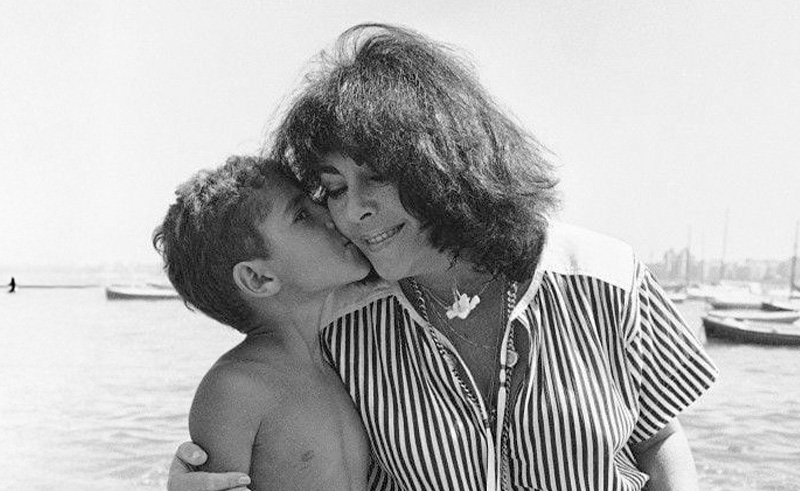
In the 1970s, following the death of Albert Metzger, the Metzger family attempted to reacquire their Alexandrian home in a legal battle that would last decades. Eventually, in 1996, the family won the case. However, the ruling would not be carried out, as it was opposed by the government in fear of setting a precedent. The family and the government met in court again, and, finally, years of back and forth trials resulted in compensation paid to the Metzger family, ending the decades-long clash.
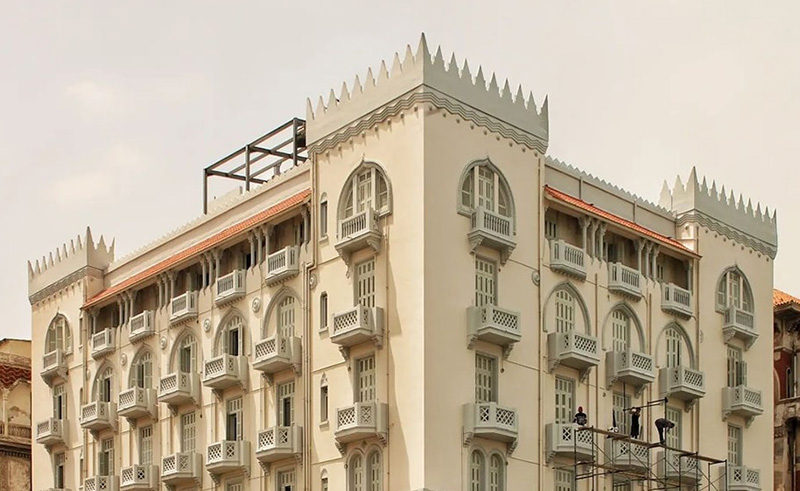
In 2007, The Cecil officially became The Sofitel Cecil Hotel. Seven years later, it would be acquired by the Steinberger Group, which still owns the hotel to this day.
Rebranded as The Steinberger Cecil Hotel, it still retains the essence of its past—from the mechanical elevator that has become the source of many tourists’ instagram stories to the plaques on every room door bearing the names of the celebrities that once stayed within.
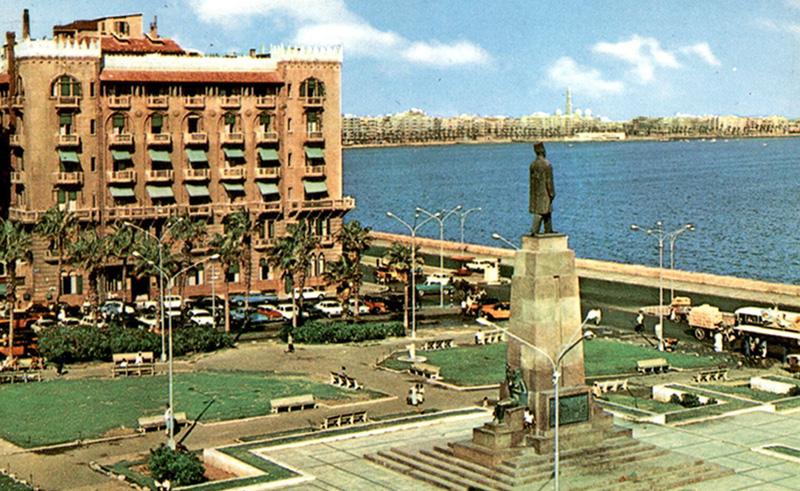 Though The Cecil has been renovated time and time again, upon visiting, one cannot help but catch a whisper of a conversation held eons ago within the historical walls of The Cecil.
Though The Cecil has been renovated time and time again, upon visiting, one cannot help but catch a whisper of a conversation held eons ago within the historical walls of The Cecil.








